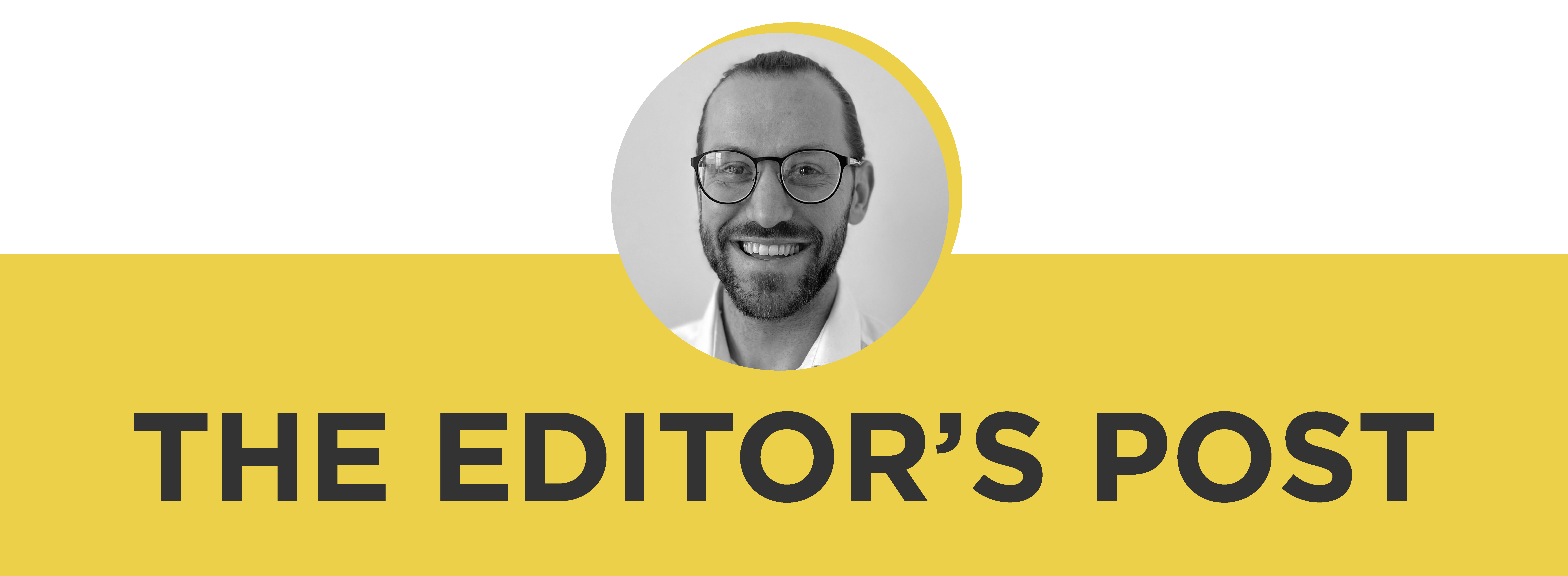The Editor’s Post: Is your business model truly transformational?

Erinch Sahan from DEAL says we shouldn't over-celebrate our wins. Plus, new research finds 10m social enterprises worldwide and how two startups harnessed ‘the power of tech’ for good. This week’s view from the Pioneers Post newsroom.
The World Economic Forum Annual Meeting 2024 has been taking place this week in Davos. The absolutely packed agenda certainly had range, from speeches by political, business and civil society leaders, to the announcement of the Social Innovators of the Year awards, to American rapper will.i.am participating in a discussion about AI.
Davos famously attracts the world’s rich and powerful and it was precisely that demographic Oxfam took aim at with its Inequality Inc report, published to coincide with the event. As we outline in our story, Oxfam recommends governments support the social economy as one way of combating the increasing concentration of corporate and monopoly power, which is fueling inequality across the world.
Where did the profits go? Who owns a company? Who’s represented on the board? Unless you’re up for that conversation, you’re just wordsmithing ideas and proposing very little change.
I interviewed Erinch Sahan, business and enterprise lead at Doughnut Economics Action Lab, to get his response to Oxfam’s suggestions. While he welcomed the global NGO highlighting alternatives to shareholder capitalism, Erinch was keen to emphasise the importance of radically transforming the economy rather than just “tweaking” existing models.
Erinch said: “We need voices that underline the actual significant transformations that are needed. That means things like, where did the profits go? Who owns a company? Who’s represented on the board? Unless you’re up for that conversation, you’re just wordsmithing ideas and proposing very little change.”

Erinch went on to turn the spotlight on to the social economy and interrogate whether the movement was always pushing for the radical change necessary to meet the needs of all within our planetary boundaries.
He said: “My only suggestion to people working in that space, and I count myself as having a foot in it too, is to make sure that we don’t over-celebrate our wins and what’s possible within the confines of outdated models of business and finance.
“For instance, when we overegg the business and investment case for sustainability, we undermine the need for the more transformative shifts. People will just say, ‘if companies and investors will make more money by being sustainable, we don’t really need to change anything in the system. The current system is already designed to reward those that generate the highest returns.’”
Erinch suggests that to counter this, we social economy changemakers need to emphasise what is not possible and how economic transformation is held back by the regulatory environment and outdated business and financial structures.
So as well as encouraging Davos attendees to engage with the urgent need to reinvent business, perhaps Oxfam’s report will also inspire the impact community to examine whether we are promoting and practising truly transformational business models.
This week's top stories
Fit for the Future: How two high-growth startups harnessed ‘the power of tech’ for good
Top photo: An Open Forum session on Sustaining Life on Earth at the World Economic Forum Annual Meeting 2024 in Davos (credit: World Economic Forum / Boris Baldinger, CC BY-NC-SA 2.0 DEED)
